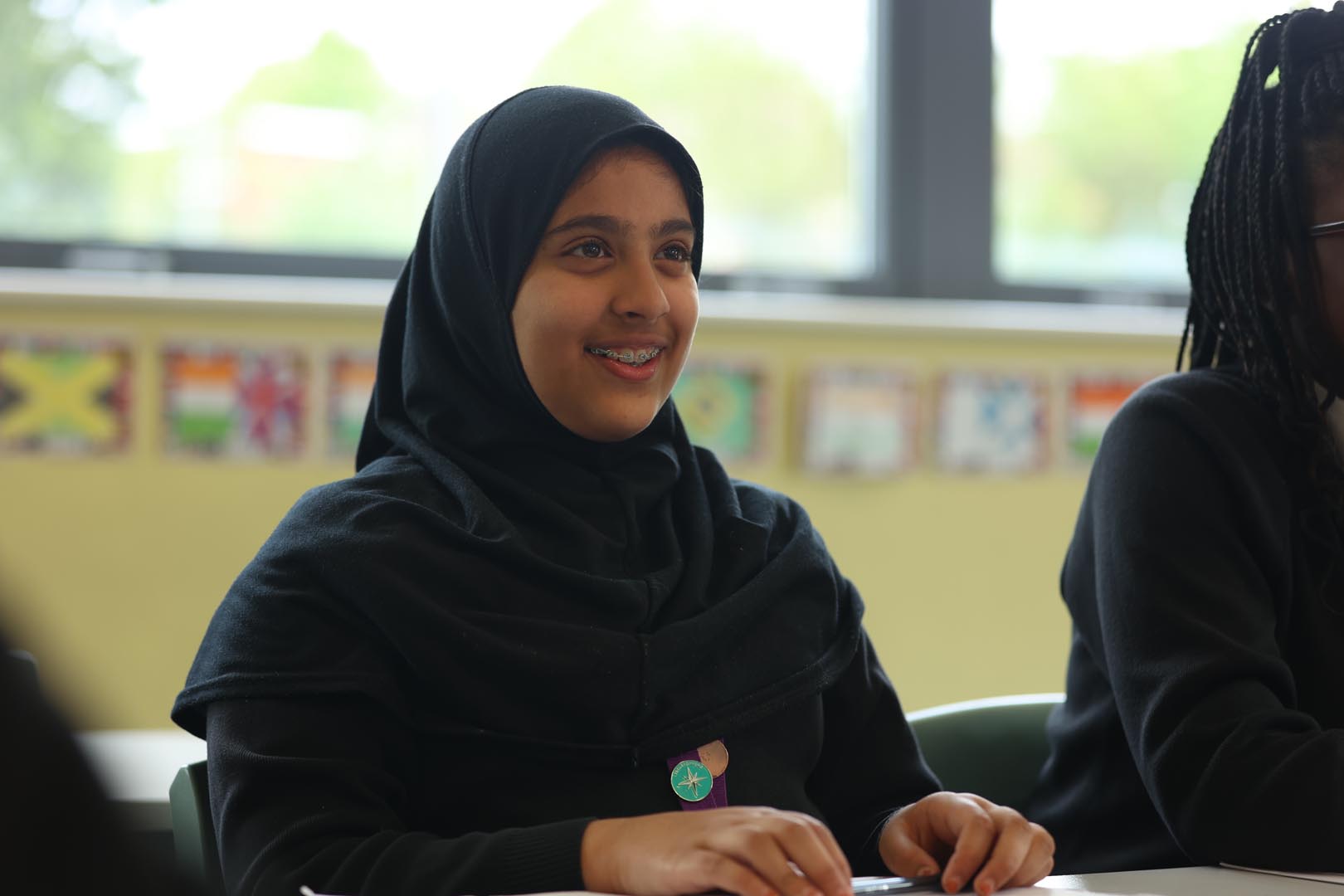
History
Our aim is that all students leave Sir Jonathan North as good historians
HISTORY (GCSE)
GCSE History inspires students’ enthusiasm for history. They develop their understanding of the present by studying significant periods and themes from the past at a local, national and global level. There are five topics studied with 3 papers sat. The thematic study requires students to understand change and continuity across a long sweep of history, from c. 1250 to the present.
The depth study focuses on a particular period in British history during which the country faced severe pressure due to possible or actual invasion. The period study offers learners the opportunity to explore the unfolding narrative of a wider world society during a particularly interesting period in its history. Finally, the world depth study enables learners to develop an understanding of a traumatic short period in world history when different cultures or ideologies were in conflict.
EXAMINATION BOARD - OCR History B (Schools History Project) (9-1)
SPECIFICATION CODE - J411
CURRICULUM CONTENT
Paper 1: British History
- Thematic study: The people's health, c. 1250 to present
- The depth study: The Norman Conquest, 1065—1087
Paper 2: History Around Us
- The Greyfriars Site
Paper 3: World History
- Period study: The making of America, 1789—1900
- World depth study: Living under Nazi rule, 1933—1945
ASSESSMENT
Paper 1: British History Paper
- 1 written exam: 1 hour 45 minutes- 40% of GCSE
Paper 2: History Around Us- Local history Paper
- 1 written exam: 1 hour - 20% of GCSE
Paper 3: World History Paper
- 1 written exam: 1 hour 45 minutes - 40% of GCSE
EXTRA-CURRICULAR OPPORTUNITIES
History students have the opportunity to visit King Richard lll Visitor centre in year 10 and Warwick Castle in year 11.
PROGRESSION
History is a highly regarded subject that many colleges and universities value for its ability to produce a range of cross curricular skills. The ability to analyse data, interpretations and sources, developing a judgement and creating a well-developed argument using evidence can help students develop the foundations for a career in a range of different fields. Students who excel in history go on to work in law, journalism, teaching, academic pursuits and within the television and film media.

